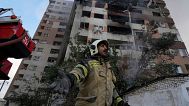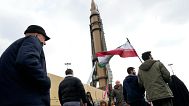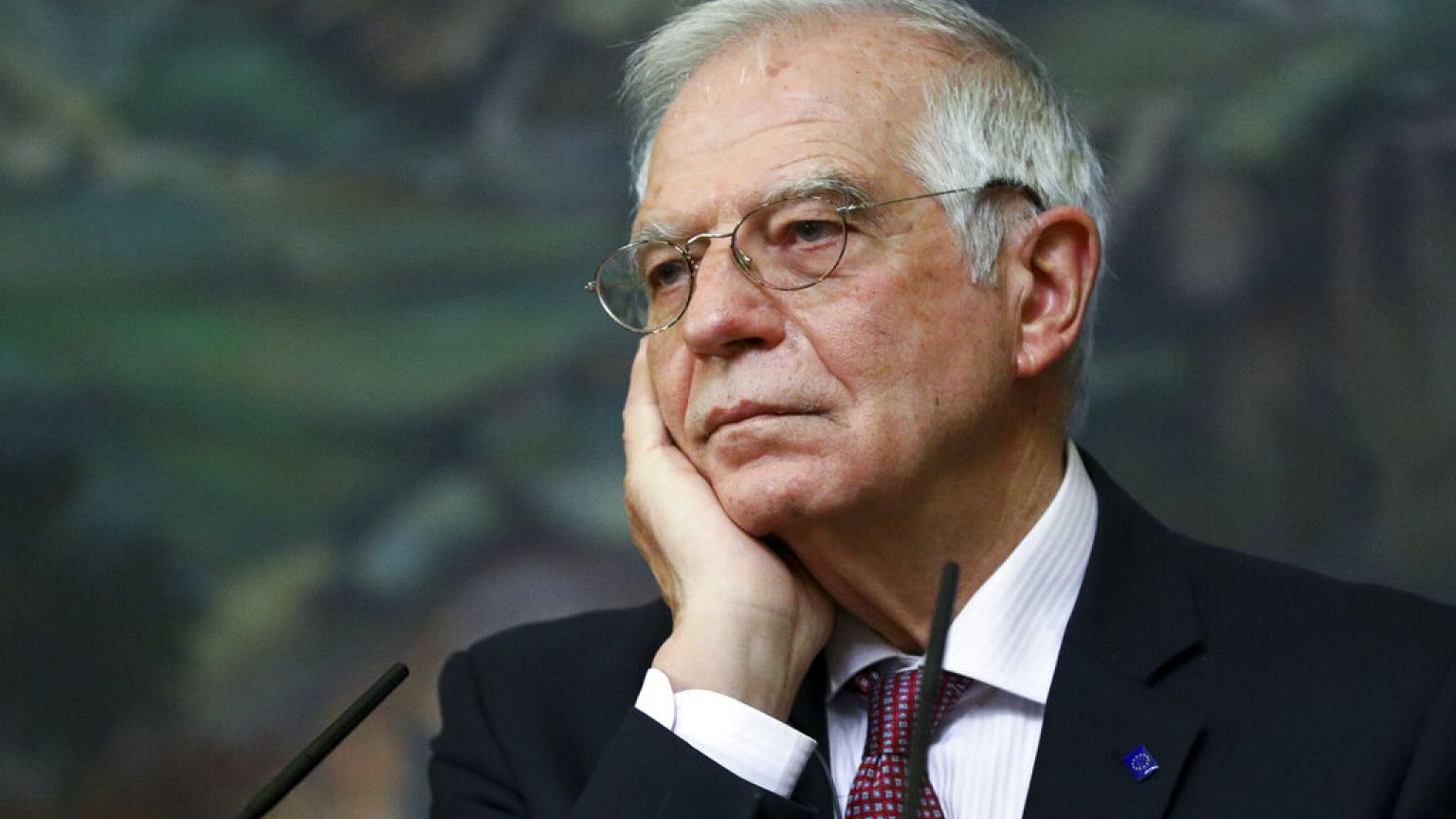"We will discuss these issues with my fellow EU foreign ministers. As ever, it will be for member states to decide the next steps, and yes, these could include sanctions. "
The European Union's foreign policy chief, Josep Borrell, has said that Russia does not want a dialogue with Europe and has refused to rule out further sanctions on Moscow over the treatment of opposition leader Alexei Navalny.
In a statement on Twitter, Borrell said that his visit to Russia "highlighted that Russia does not want to seize the opportunity to have a more constructive dialogue with the EU. This is regrettable and we will have to draw the consequences," he said.
He said that Europe and Russia were "drifting apart" after a "complicated" visit to Moscow which saw the expulsion of three EU diplomats over allegations from Moscow that they had attended protests.
In further comments in a blog post published Sunday, Borrell said that relations between Europe and Russia had been "low for a number of years and had deteriorated even further since Navalny was poisoned in an attack the opposition leader has blamed on the Russian state. After recovering in Germany, Navalny flew back to Russia where he was arrested and then jailed.
His arrest and sentence to two years in prison have led to the largest street protests in Russia that have been seen for several years, with many of the protesters criticising Russian President Vladimir Putin directly.
Borrell had travelled to Moscow to discuss the case with his opposite number, Sergei Lavrov, and called for his immediate release and an investigation into Navalny's poisoning.
"An aggressively-staged press conference and the expulsion of three EU diplomats during my visit indicate that the Russian authorities did not want to seize this opportunity to have a more constructive dialogue with the EU," Borrell wrote.
"At times, the discussion with my Russian counterpart reached high levels of tension, as I called for Mr. Navalny’s immediate and unconditional release, as well as for a full and impartial investigation into his assassination attempt."
EU foreign ministers are due to meet on February 22 to discuss Borrell's trip to Russia. The decision to impose sanctions must be decided unanimously after a proposal from member states.
"My meeting with Minister Lavrov highlighted that Europe and Russia are drifting apart. It seems that Russia is progressively disconnecting itself from Europe," Borrell said.













